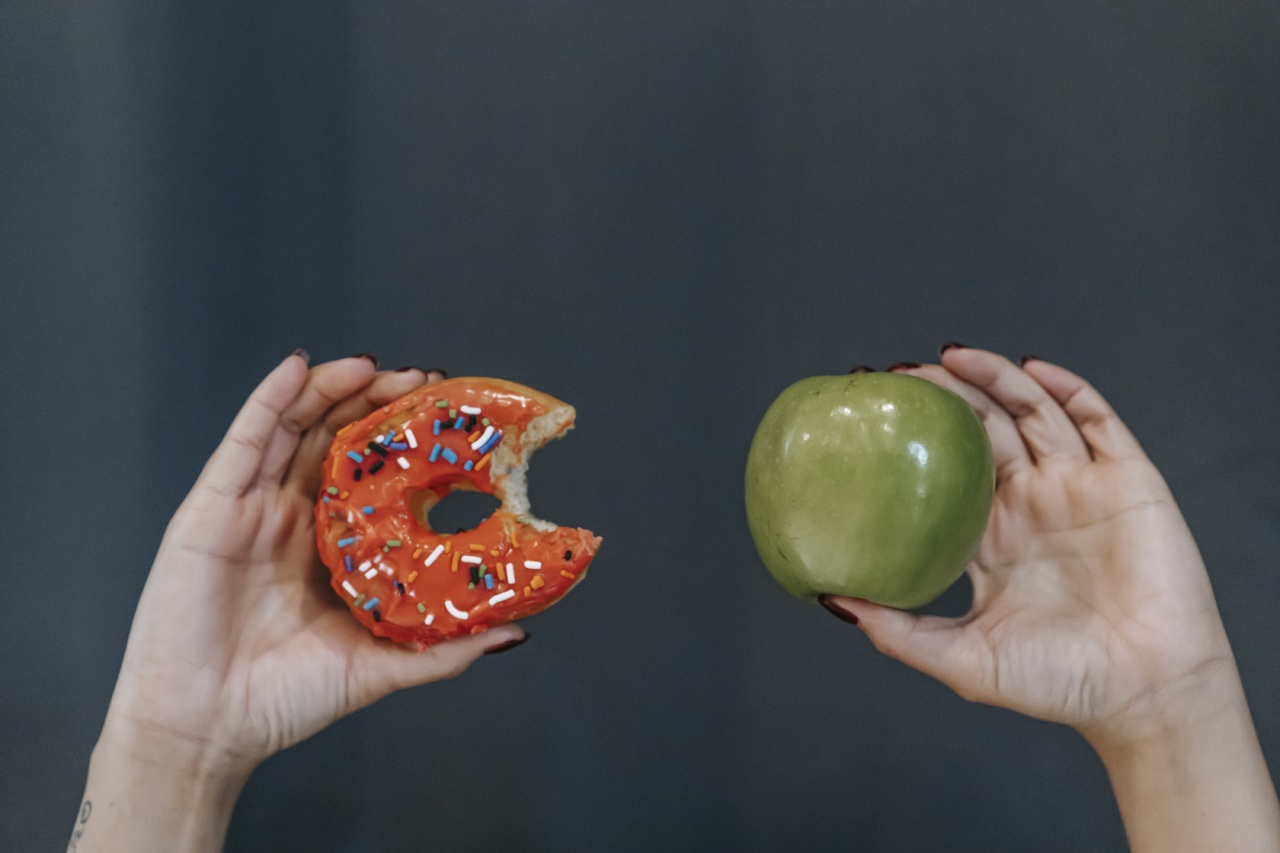When it comes to managing blood sugar levels, making smart choices about what you eat is essential. Incorporating fruits into your diet can be a great way to satisfy your sweet tooth while keeping your blood sugar in check.
However, not all fruits are created equal, as some have a higher glycemic index than others. In this article, we will explore the best fruit choices for managing blood sugar levels after meals, considering their glycemic index, fiber content, and other nutritional benefits.
1. Berries
Berries, such as strawberries, blueberries, raspberries, and blackberries, are excellent choices for managing blood sugar levels. They are low on the glycemic index, meaning they have a minimal impact on blood sugar.
Additionally, berries are packed with antioxidants, vitamins, and minerals that contribute to overall health.
2. Apples
Apples are another fruit that can help regulate blood sugar levels. They are high in fiber, particularly soluble fiber, which slows down digestion and prevents rapid spikes in blood sugar.
Choosing to eat the whole apple, including the skin, maximizes the fiber intake.
3. Citrus Fruits
Citrus fruits, such as oranges, grapefruits, lemons, and limes, are excellent options for managing blood sugar after meals. They have a low glycemic index and are rich in soluble fiber, which helps regulate blood sugar levels.
Additionally, the tangy flavor of these fruits can make a refreshing addition to your diet.
4. Avocado
Although technically a fruit, avocados are unique in their nutritional profile. They are low in carbohydrates and have a minimal impact on blood sugar levels.
Avocados are rich in monounsaturated fats, which promote heart health and help maintain stable blood sugar levels.
5. Cherries
Cherries, especially tart cherries, are an excellent choice to control blood sugar. They have a low glycemic index and contain compounds that may improve insulin sensitivity.
Cherries are also packed with antioxidants that can combat inflammation and promote overall health.
6. Pears
Pears are a delicious and nutritious fruit that can help manage blood sugar levels. They are rich in fiber, including both soluble and insoluble fiber, which slows down digestion and prevents spikes in blood sugar.
Enjoying a juicy pear can be a satisfying way to indulge your taste buds without causing a rapid blood sugar increase.
7. Kiwi
Kiwis are small fruits with a sweet and tangy flavor. Despite their sweetness, they have a relatively low glycemic index, making them a suitable choice for blood sugar management.
Kiwis are also packed with vitamins, minerals, and antioxidants that support overall health.
8. Peaches
Peaches are both delicious and nutritious, making them a great choice for managing blood sugar levels. They have a low glycemic load and provide a good amount of soluble fiber.
Peaches are also rich in vitamins A and C, as well as antioxidants that promote optimal health.
9. Watermelon
Contrary to popular belief, watermelon can be a suitable fruit for individuals looking to manage blood sugar levels. It has a relatively low glycemic index and contains a natural compound called citrulline, which may help improve insulin sensitivity.
However, it’s essential to consume watermelon in moderation due to its higher natural sugar content.
10. Grapes
Grapes can be a satisfying and convenient snack that can help control blood sugar levels. They have a moderate glycemic index and contain fiber, particularly insoluble fiber, which aids in digestion.
Grapes are also rich in polyphenols, antioxidants that have numerous health benefits.
Conclusion
Choosing the right fruits can play a crucial role in managing blood sugar levels after meals.
Berries, apples, citrus fruits, avocados, cherries, pears, kiwis, peaches, watermelon, and grapes are all excellent choices due to their low glycemic index, fiber content, and various nutritional benefits. Incorporating these fruits into your diet can help satisfy your sweet cravings while promoting stable blood sugar levels and overall health.





























